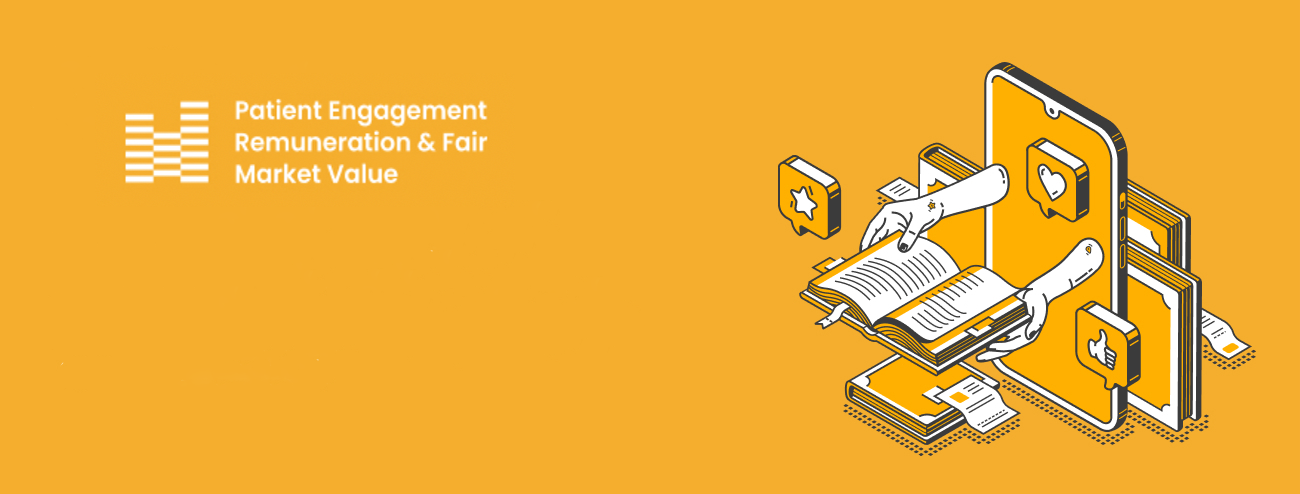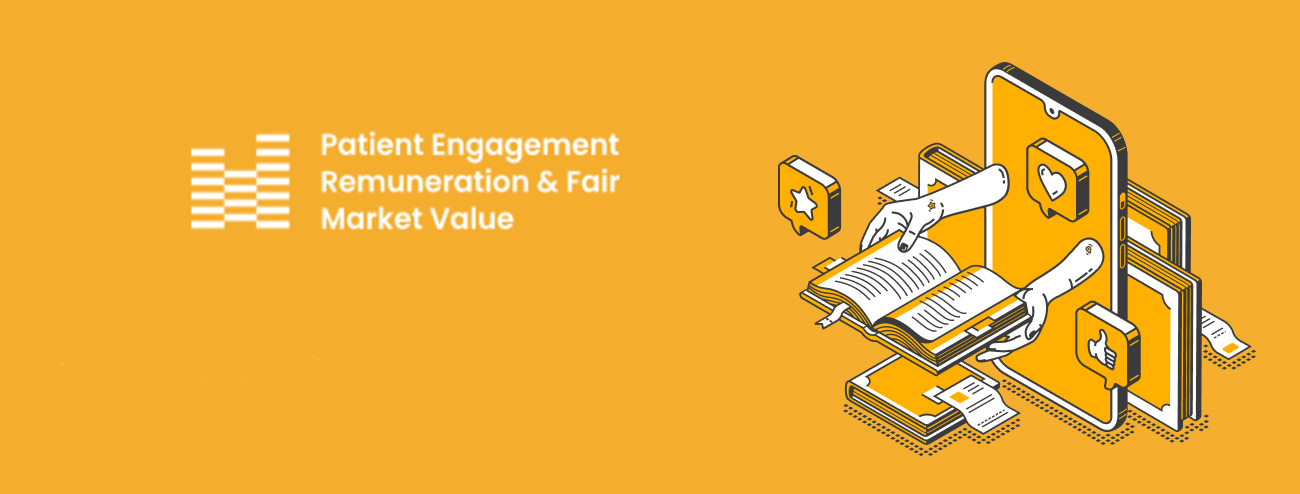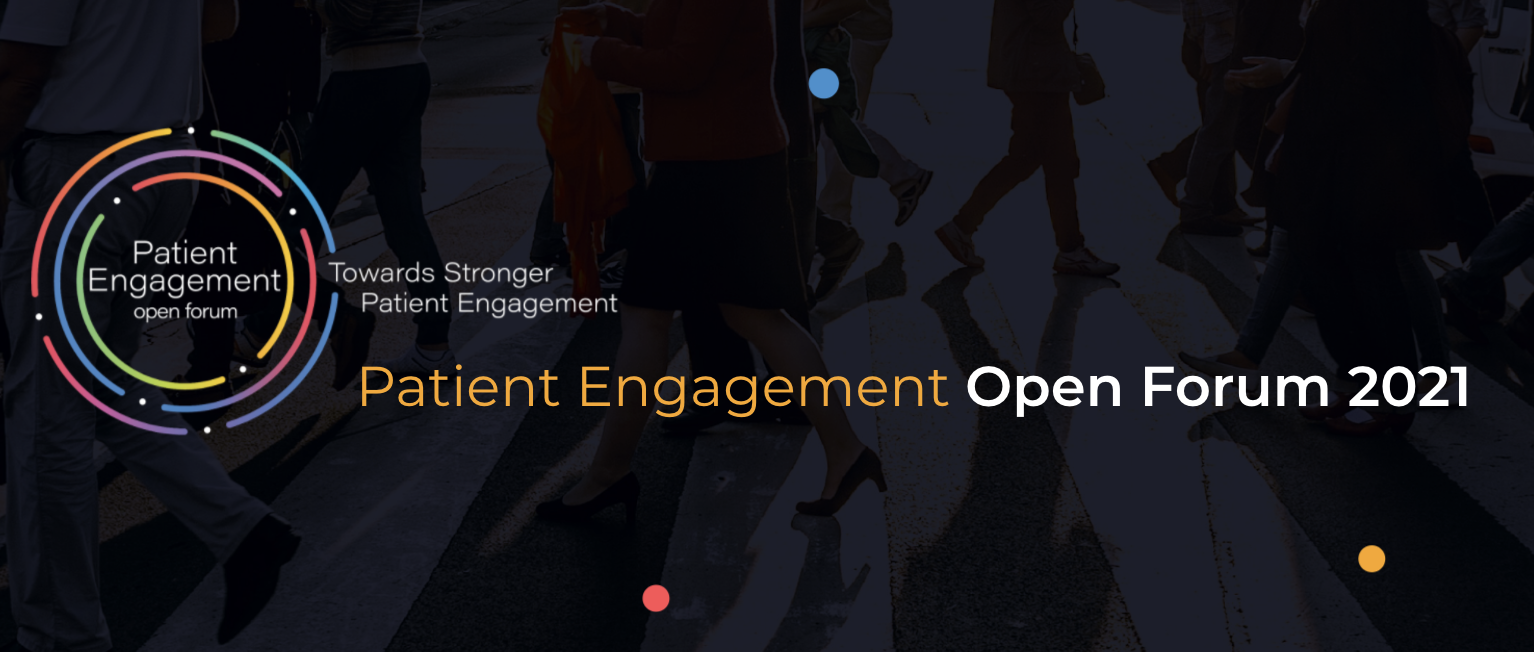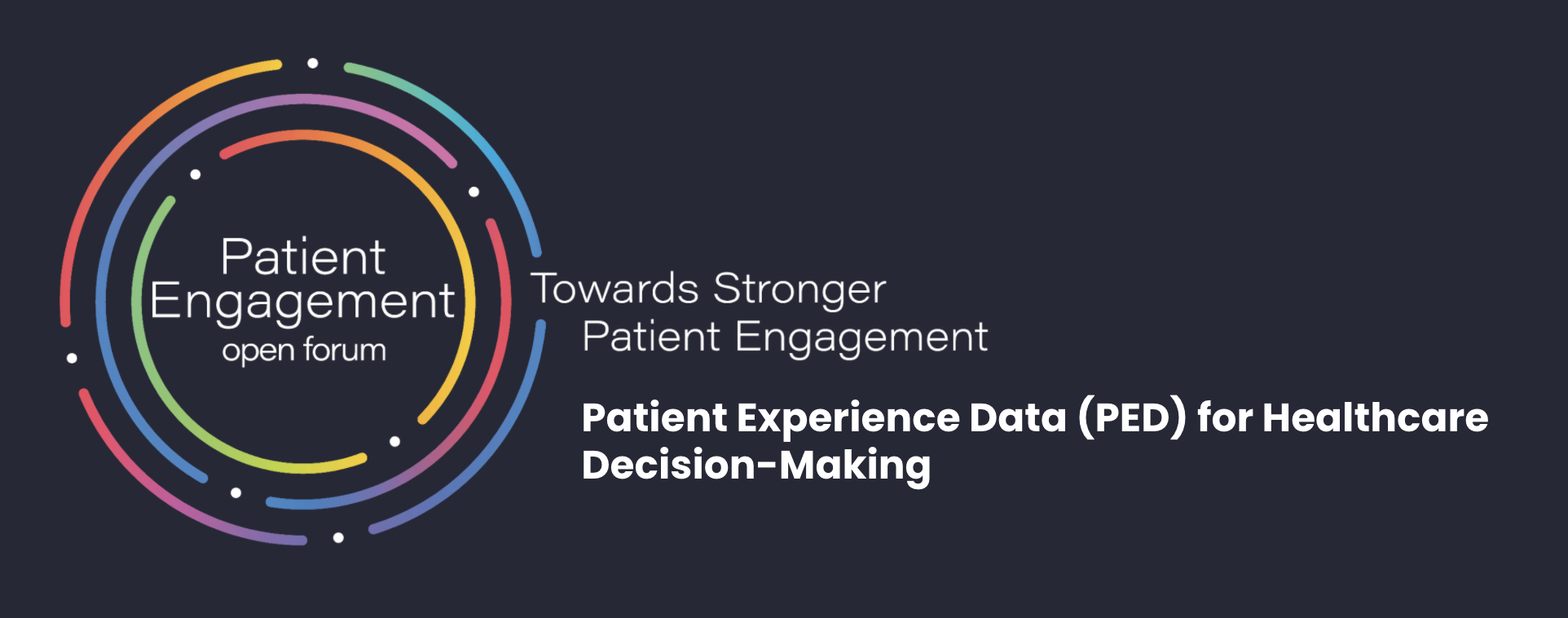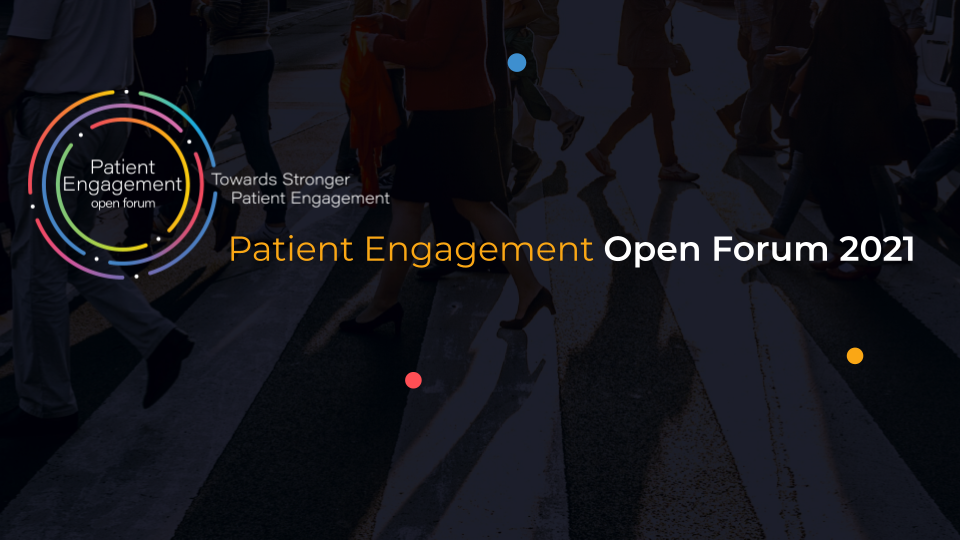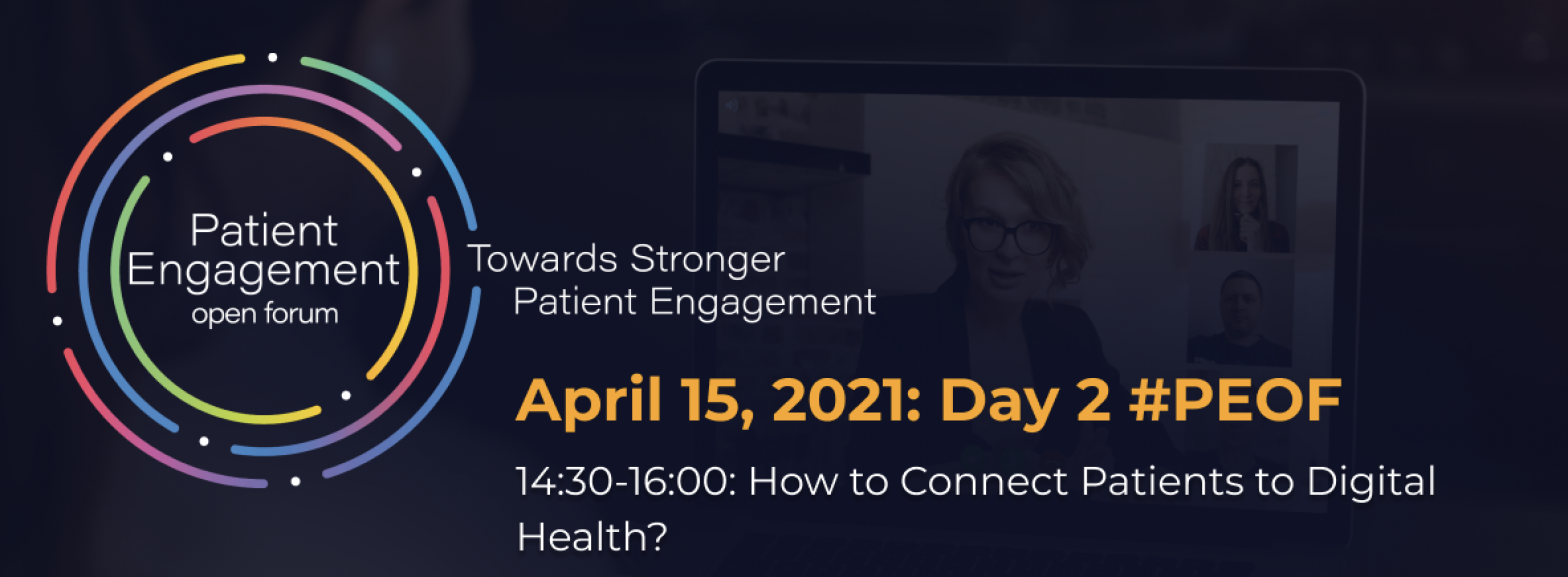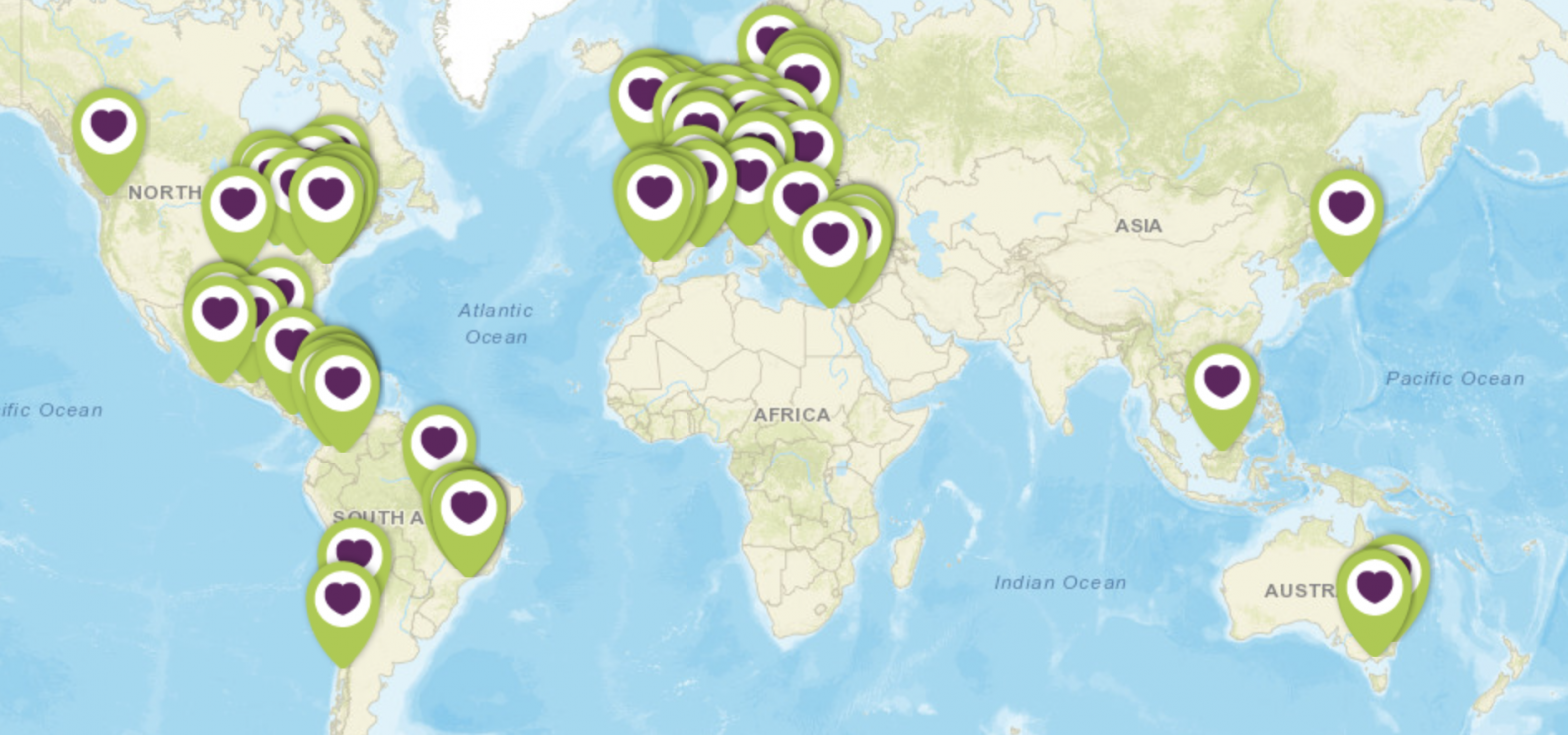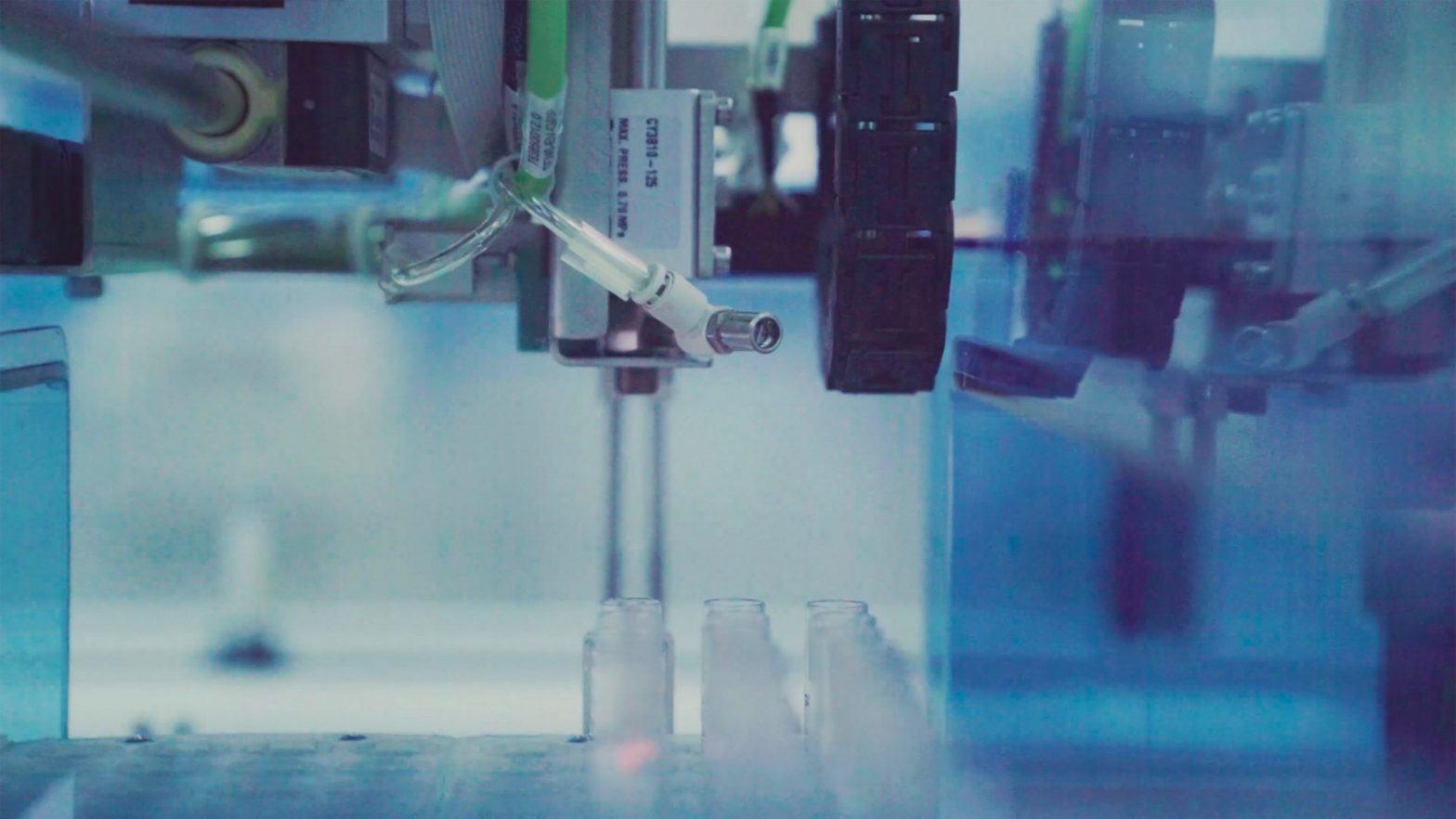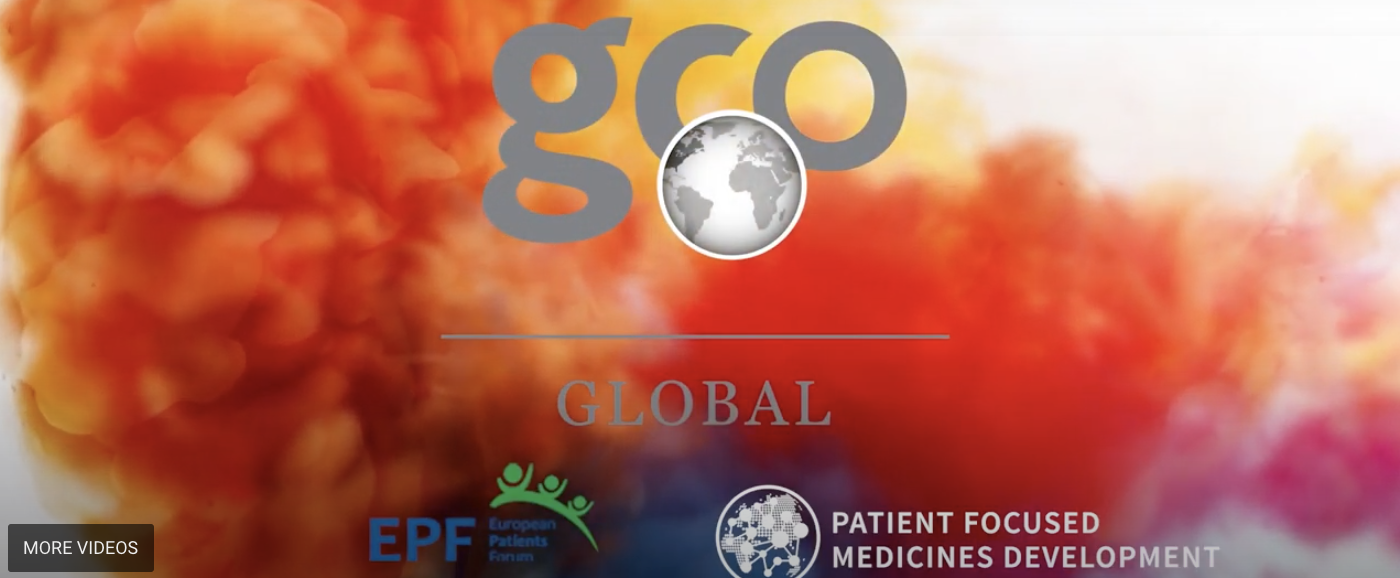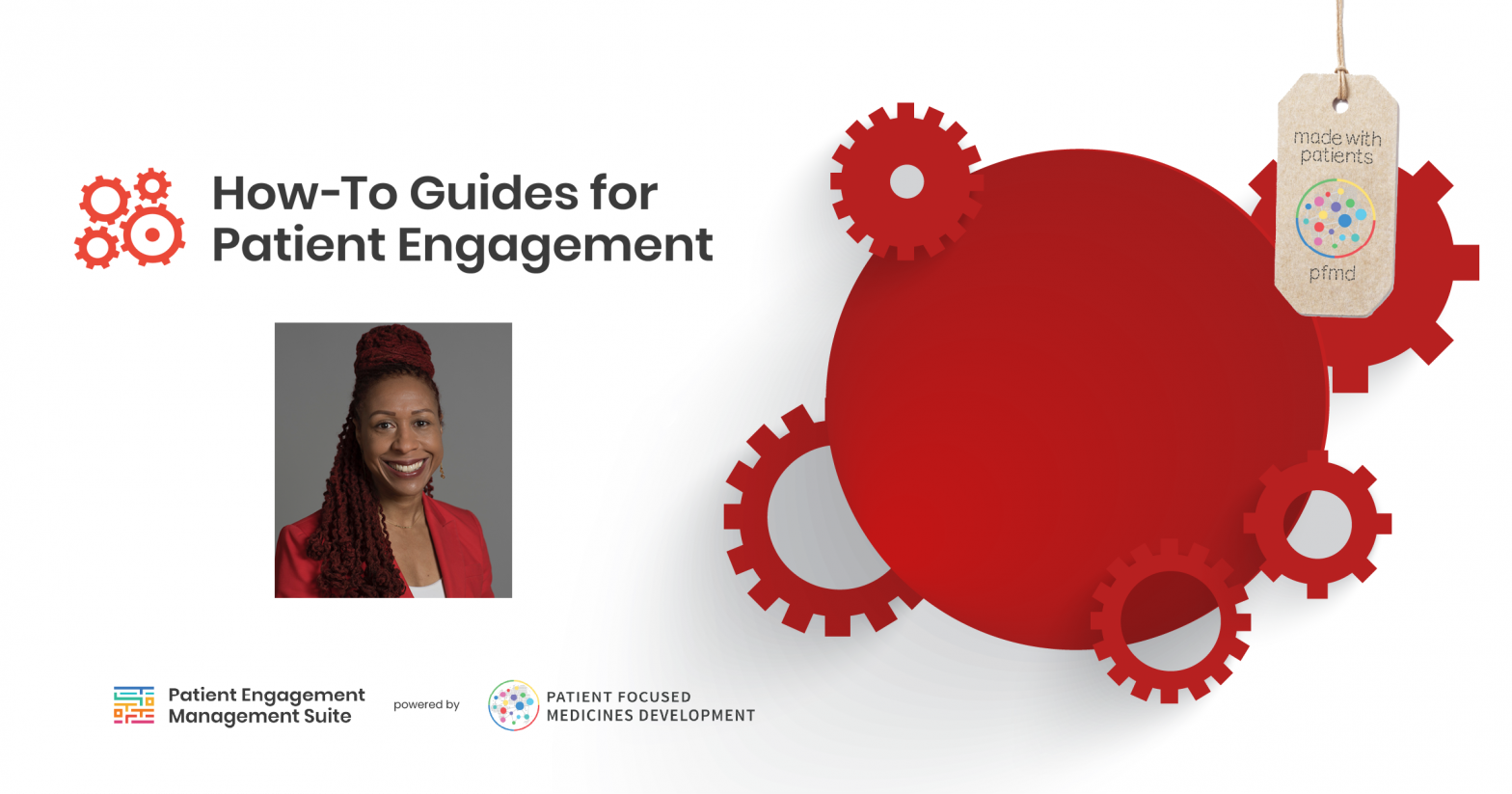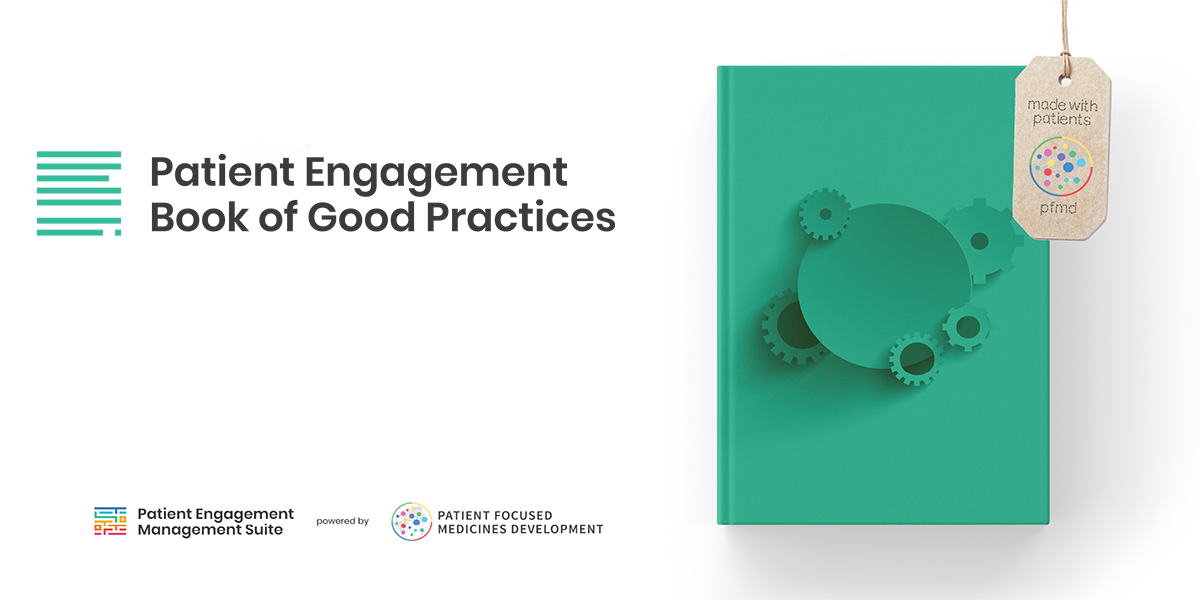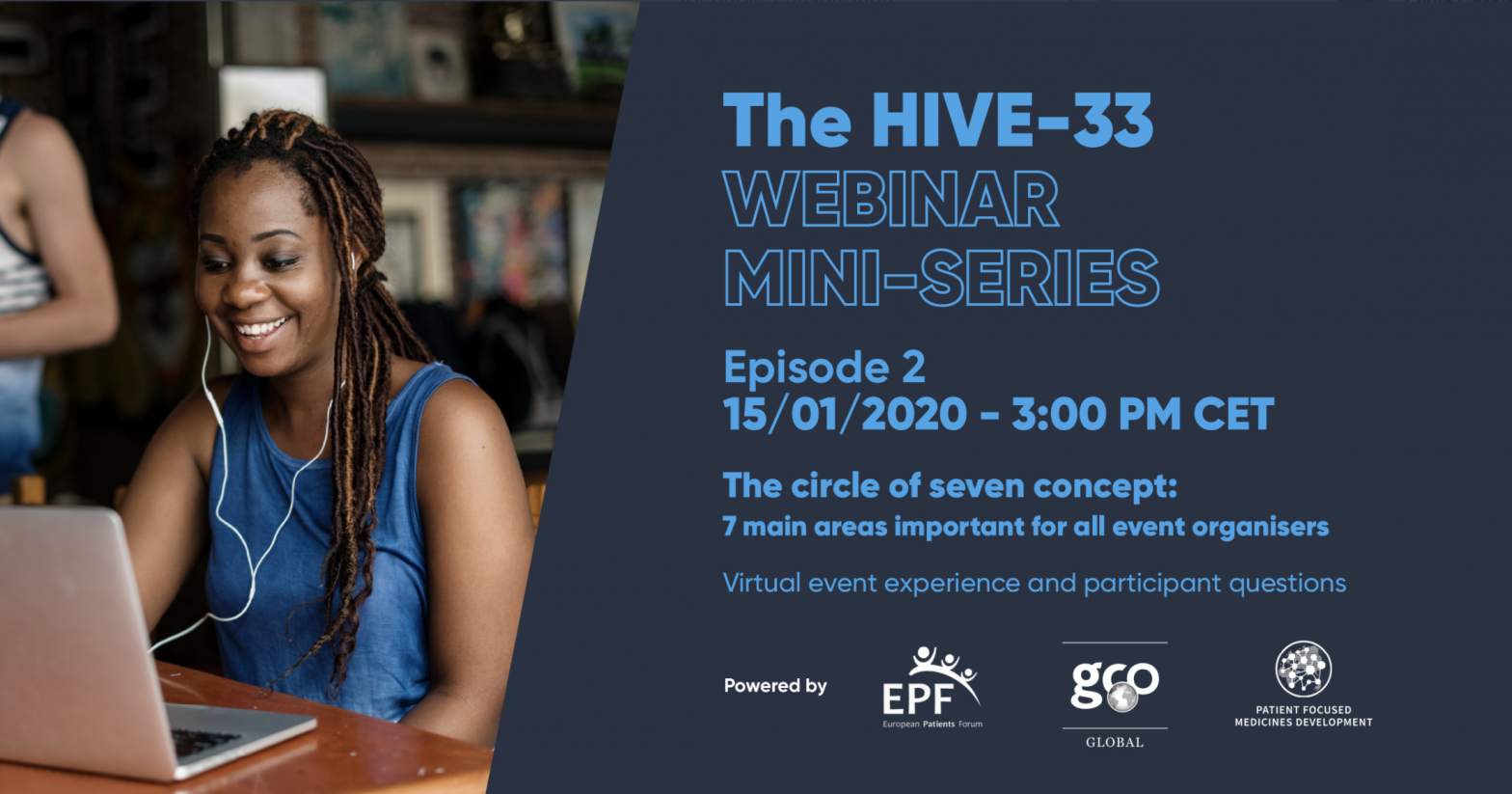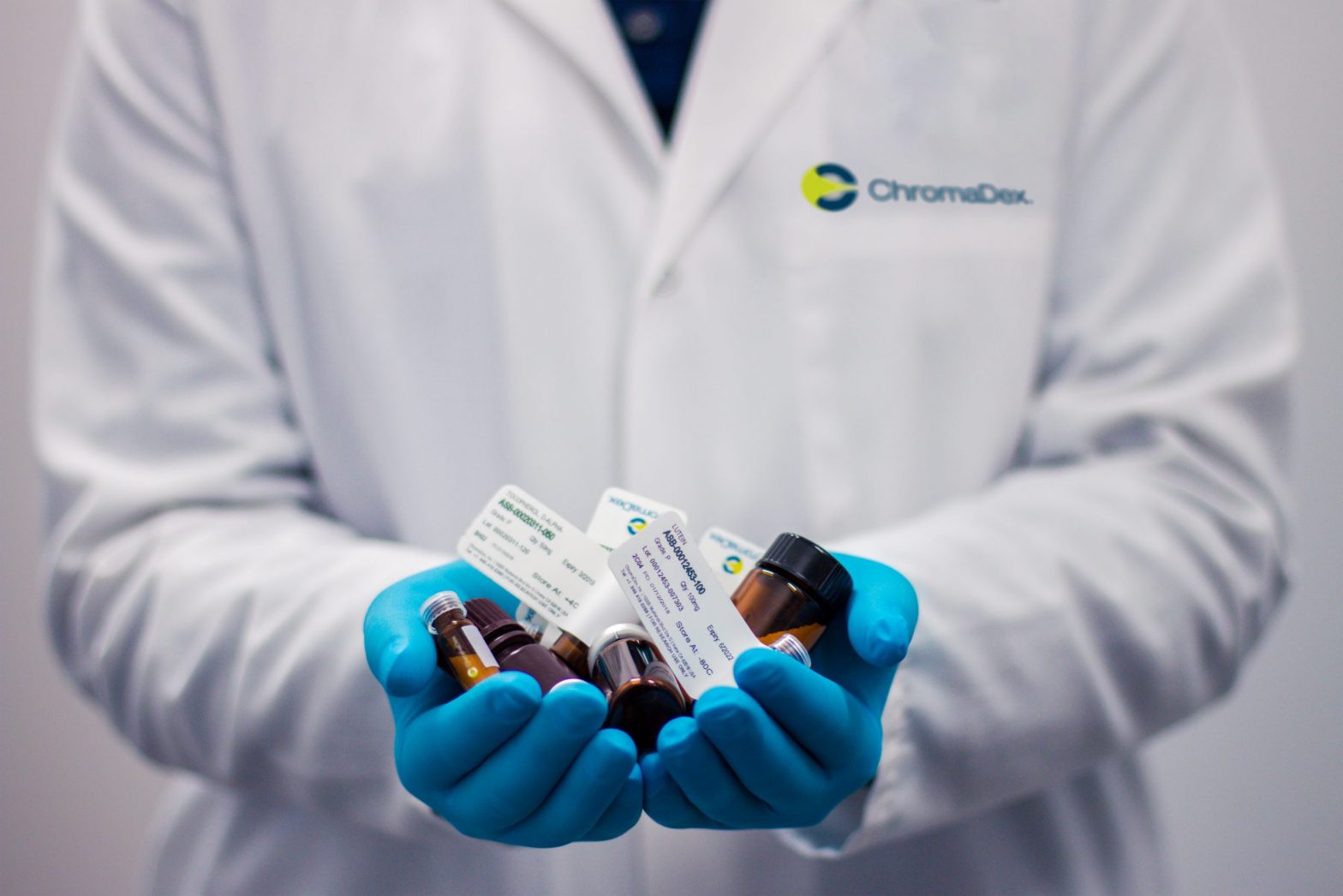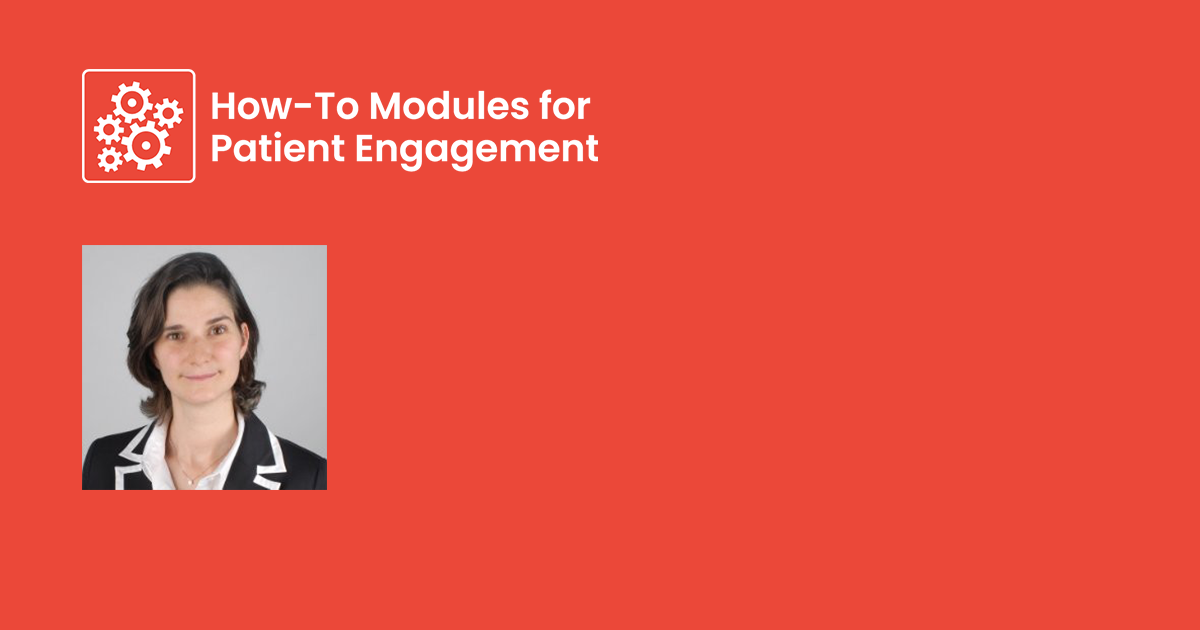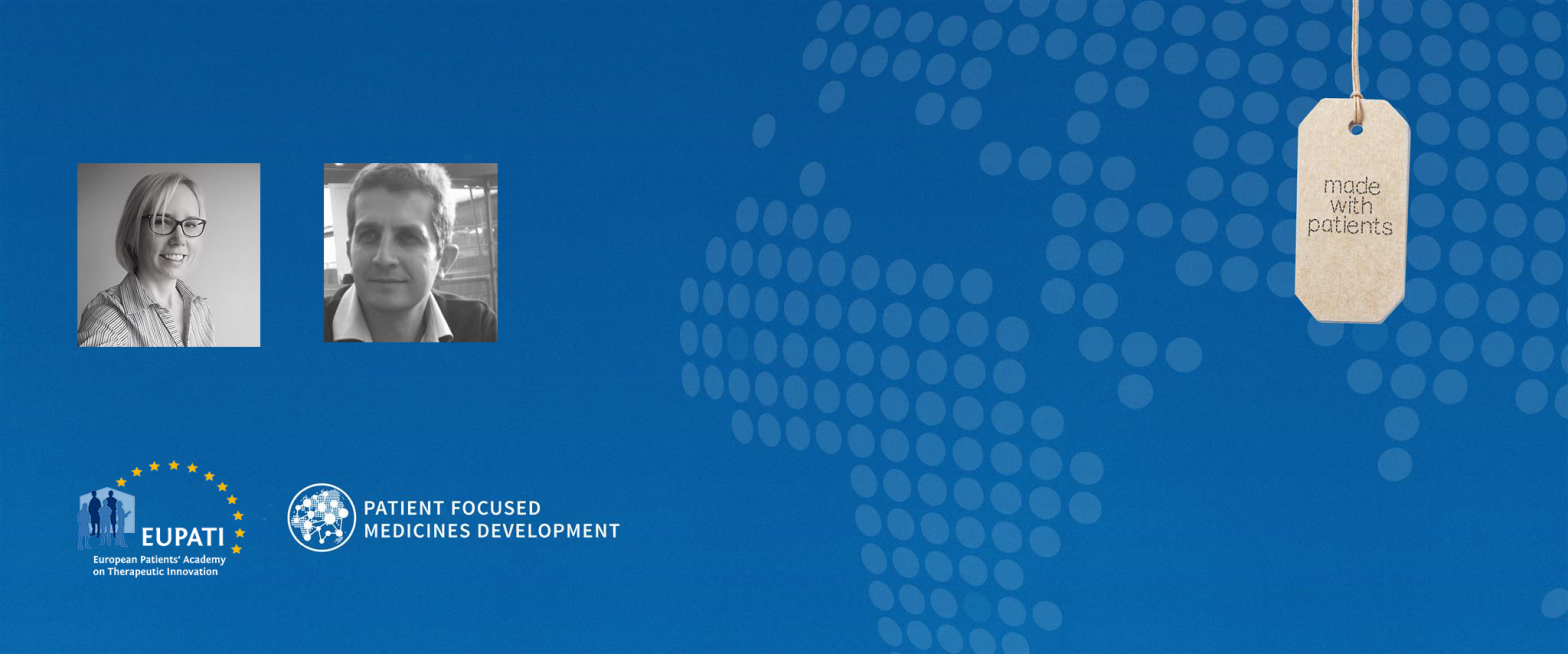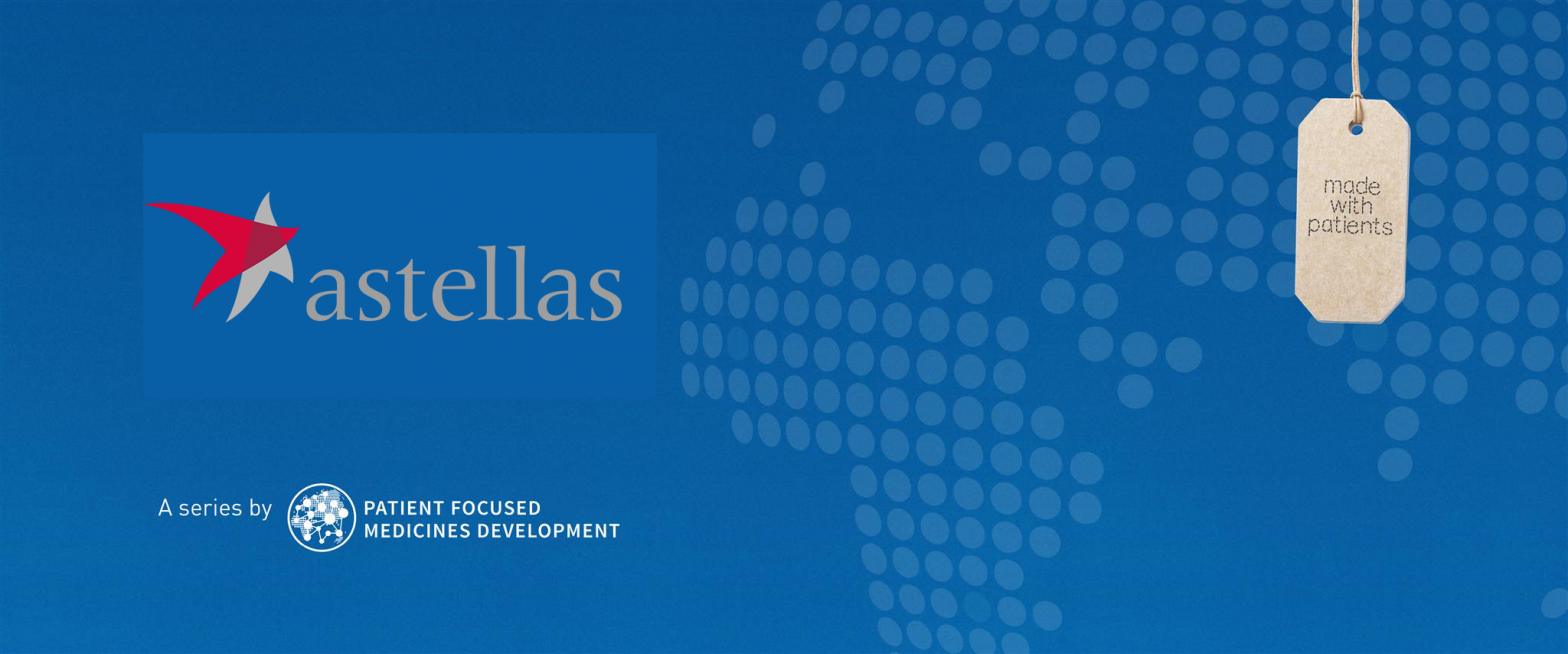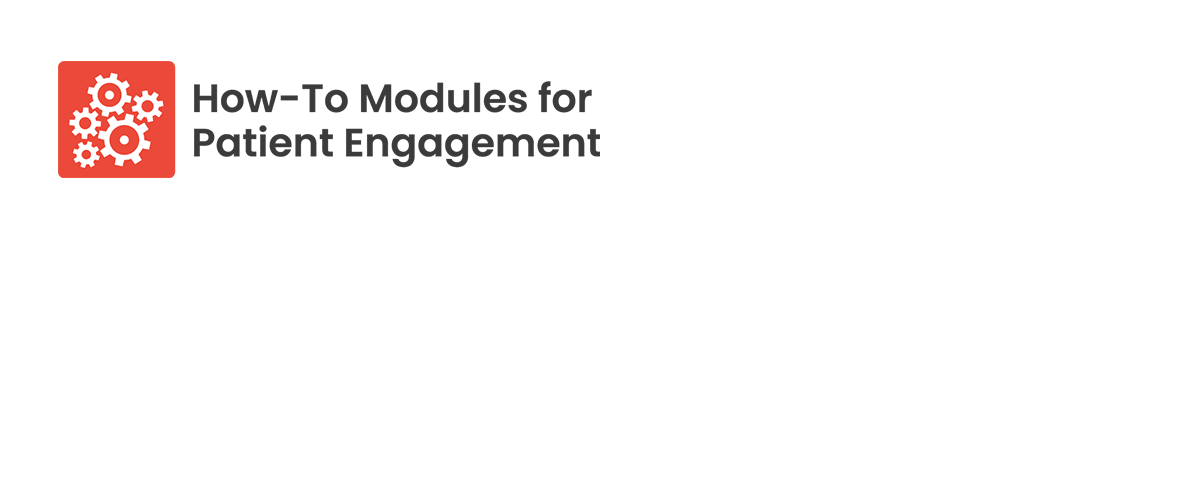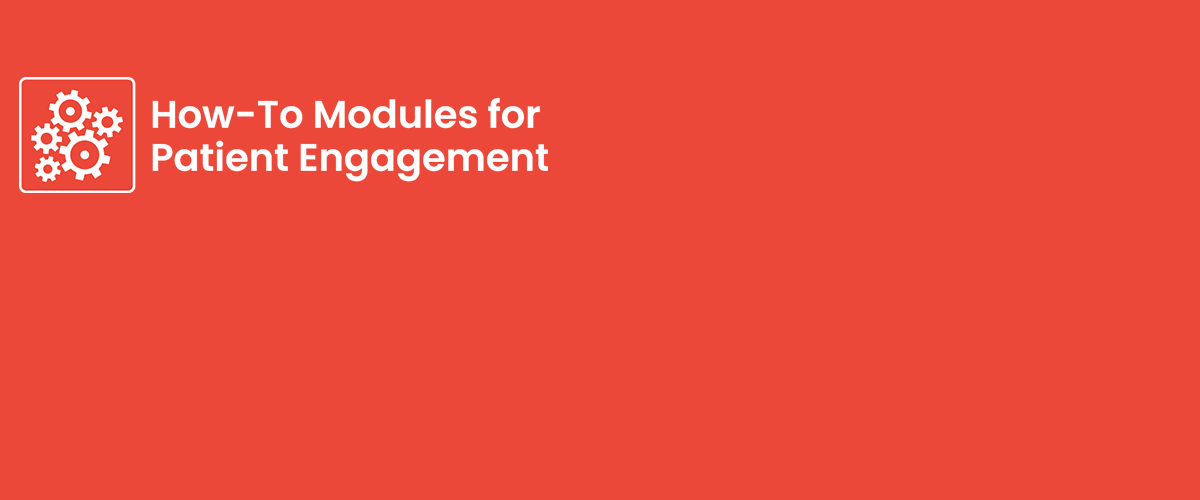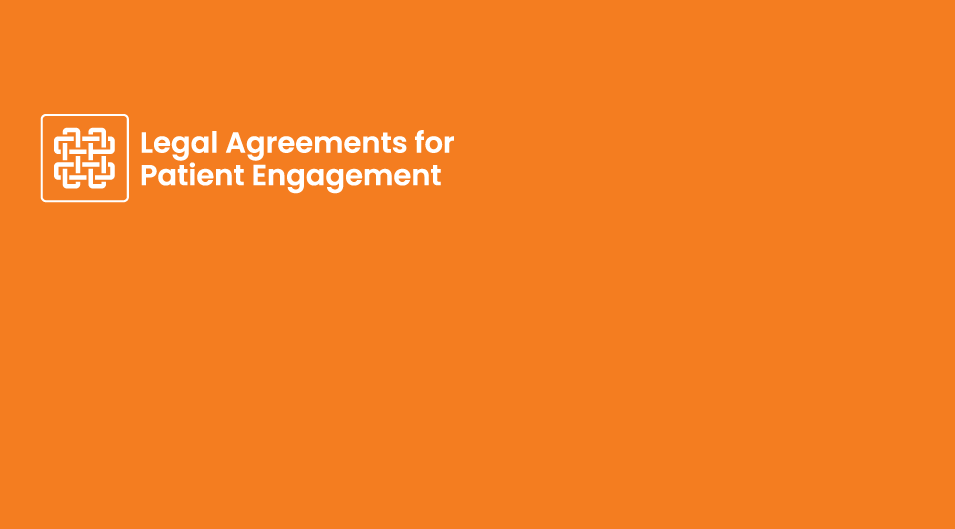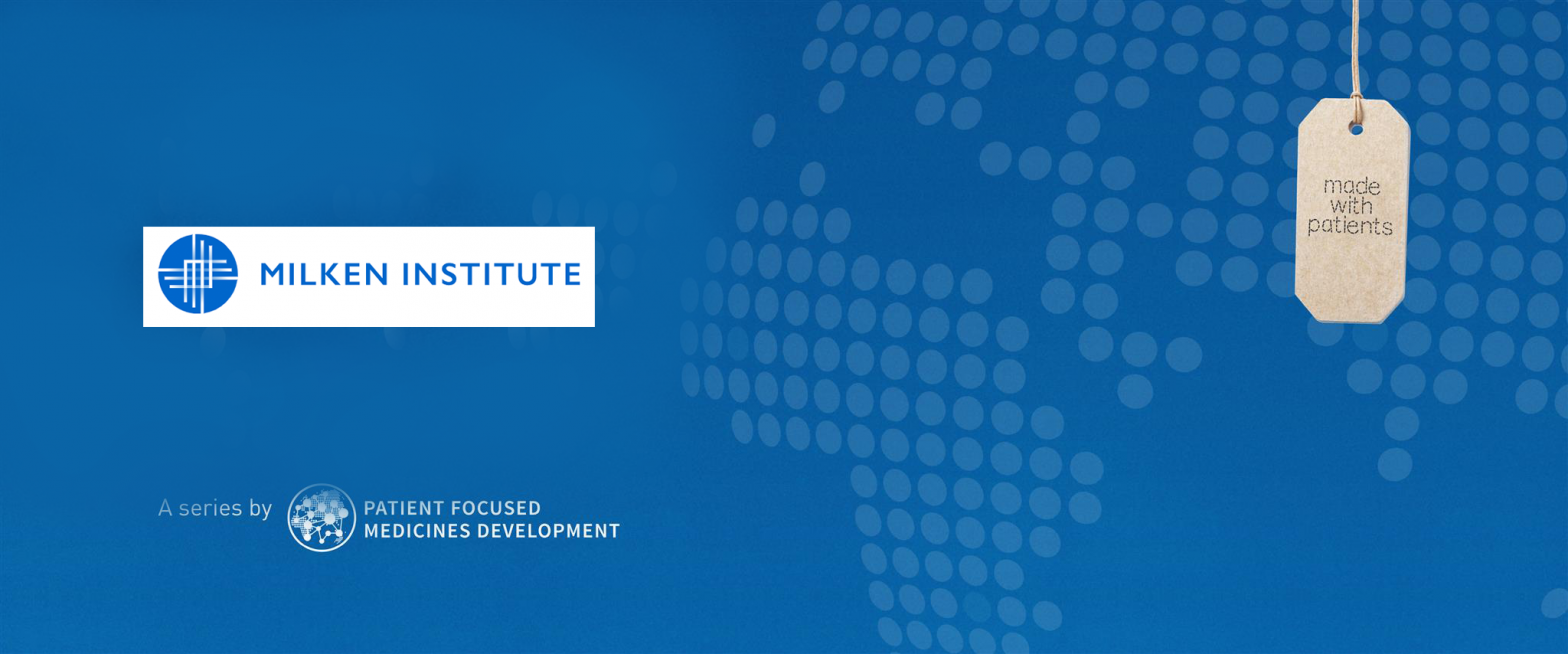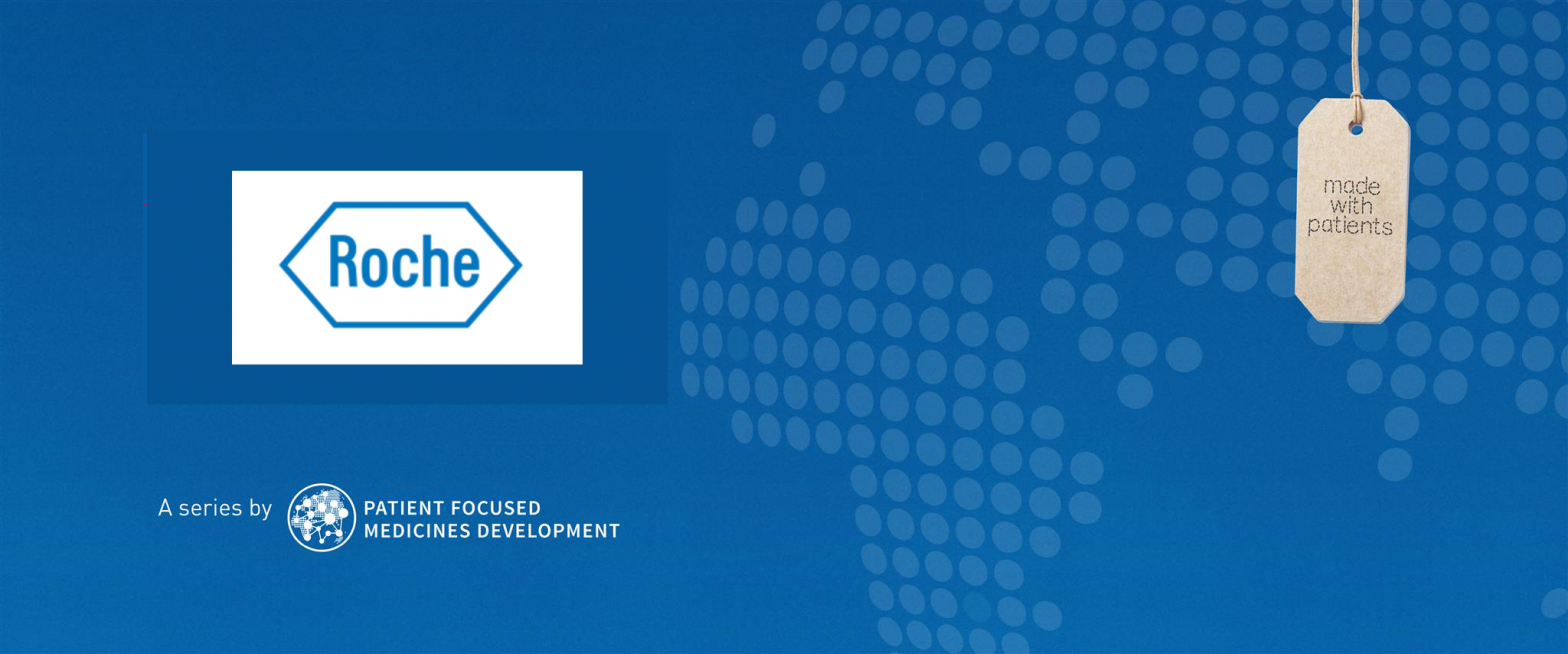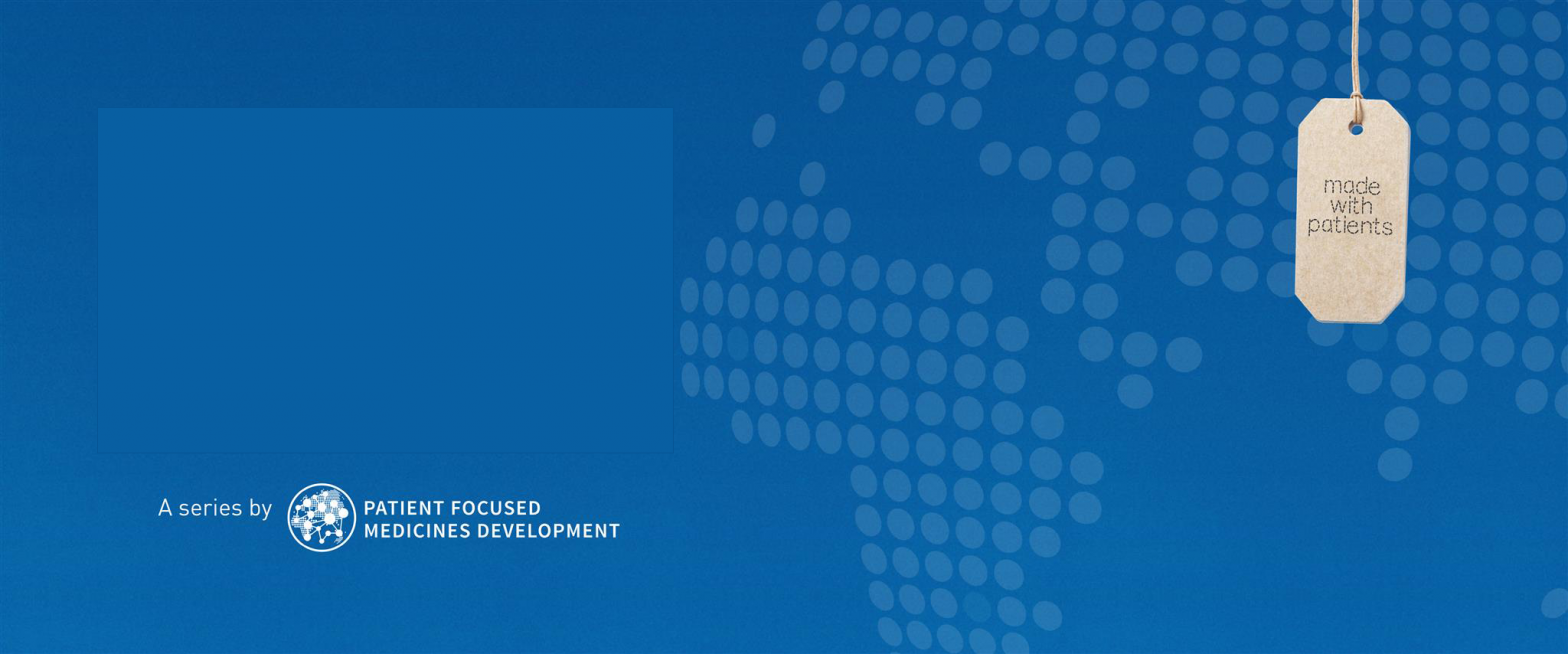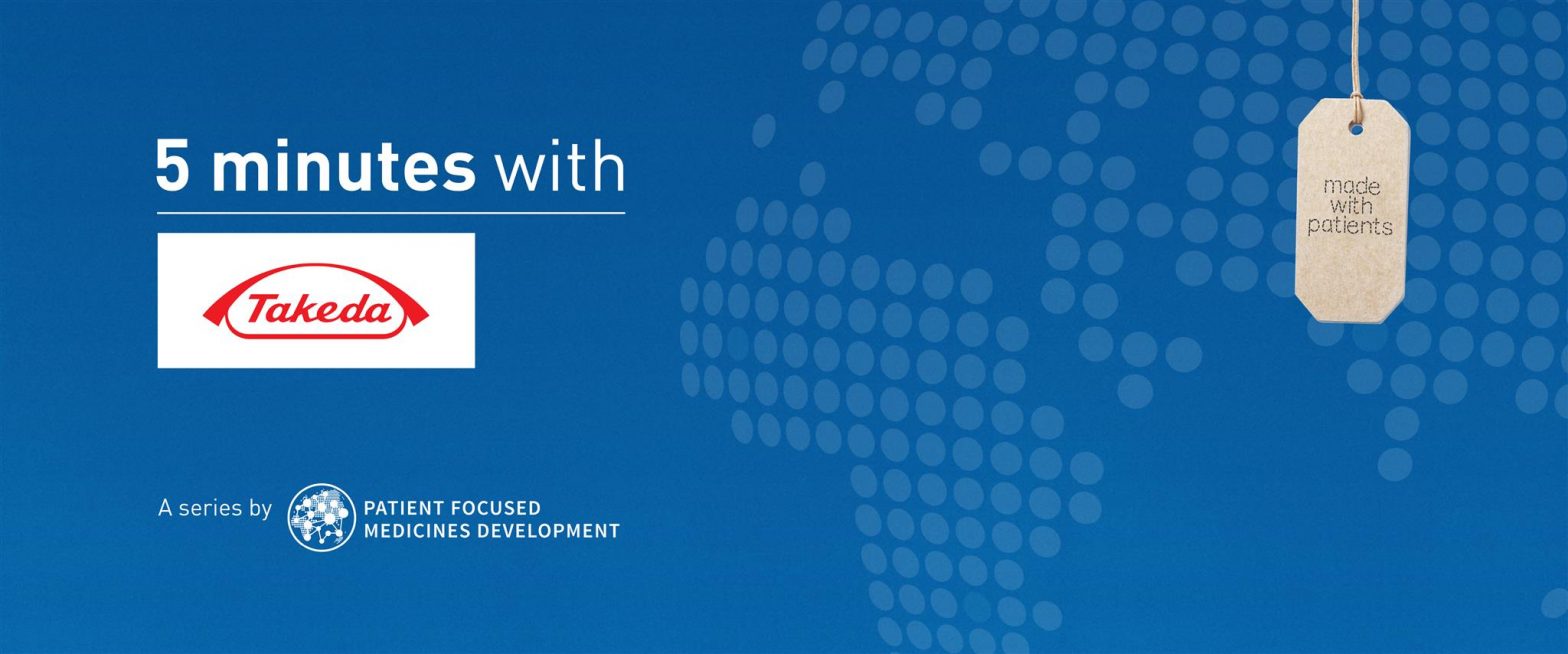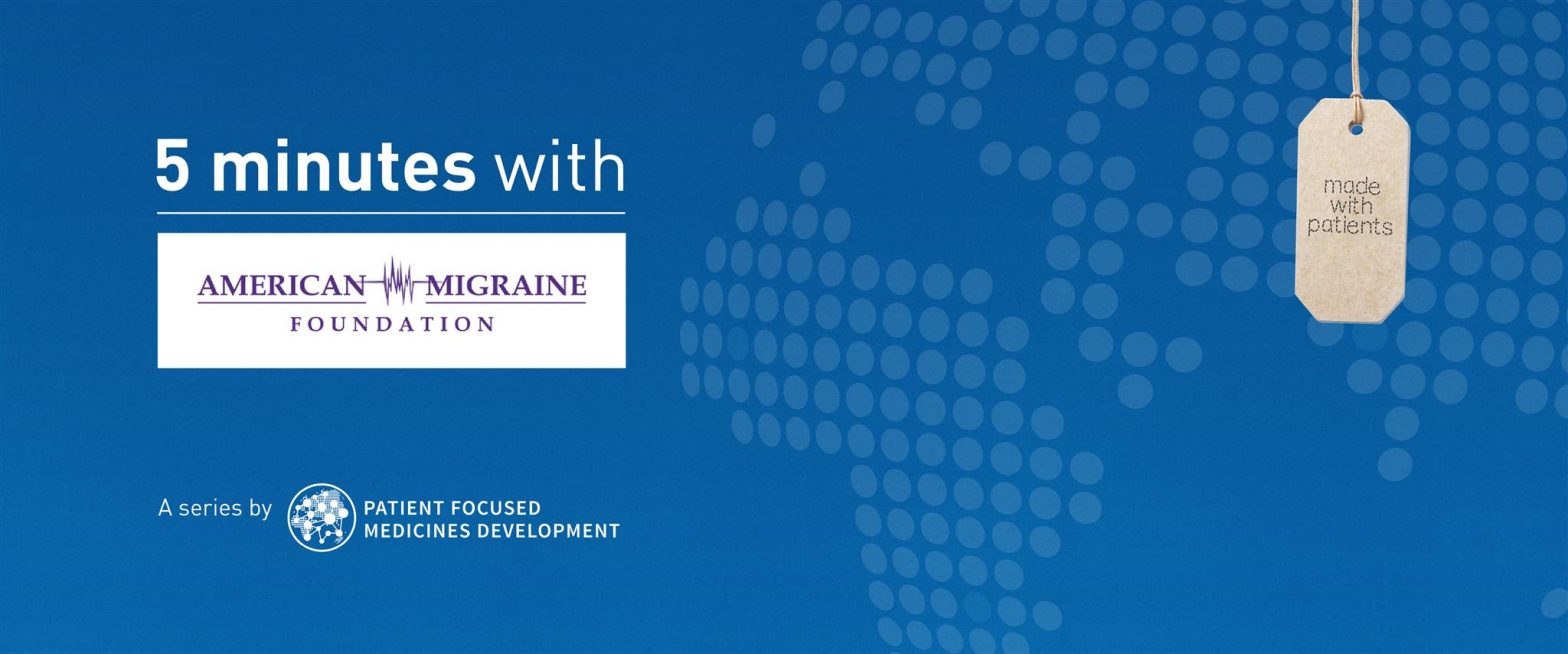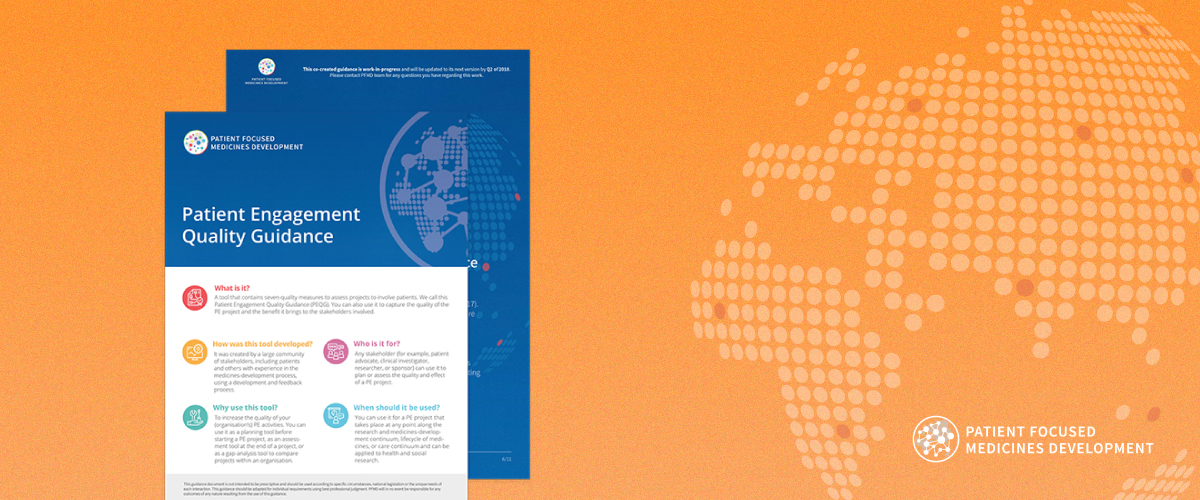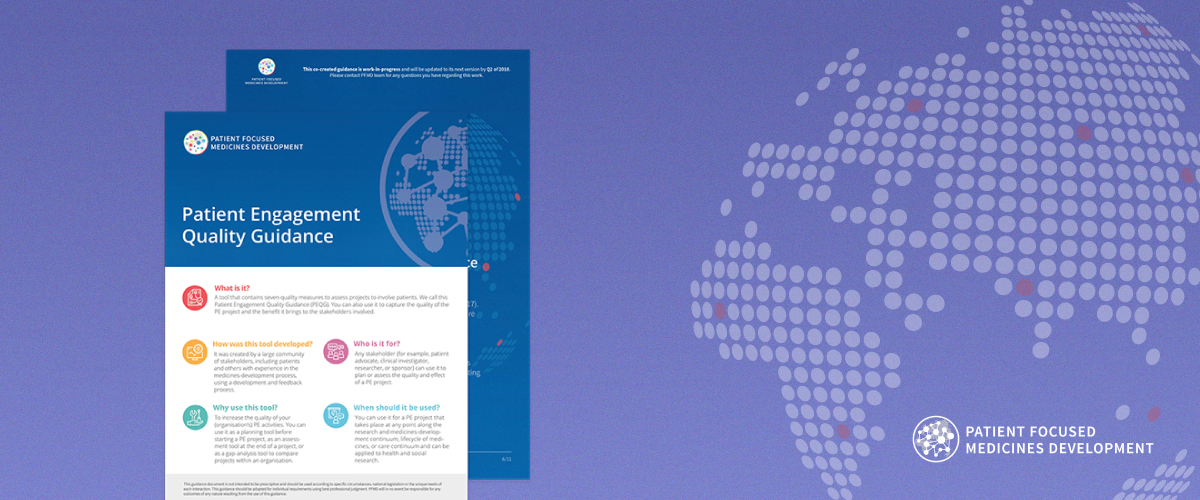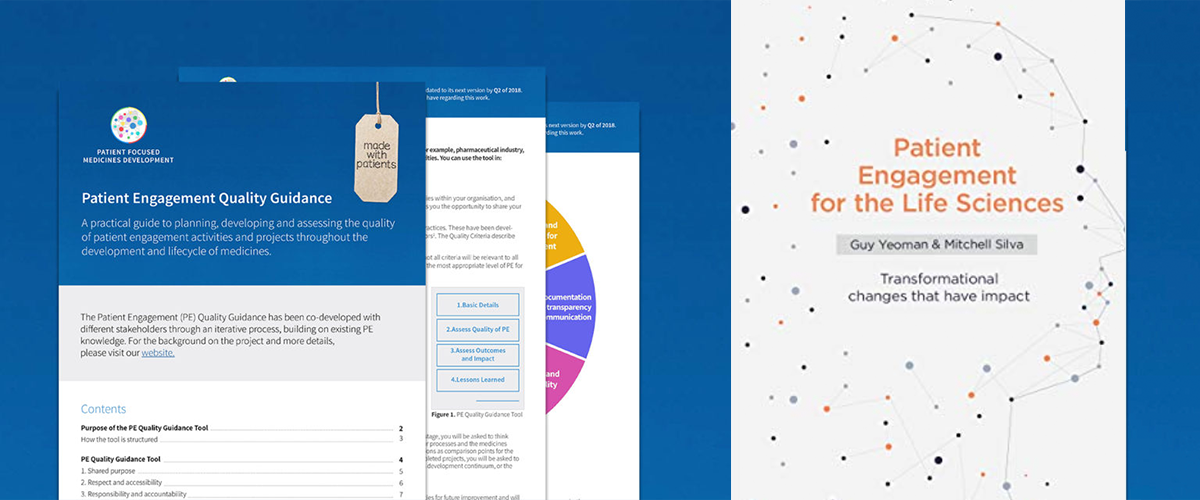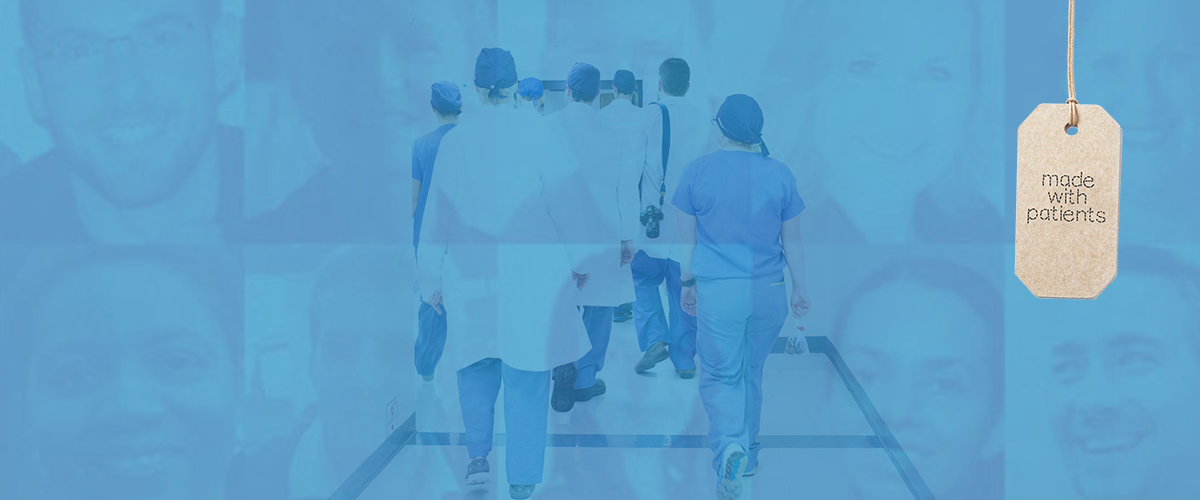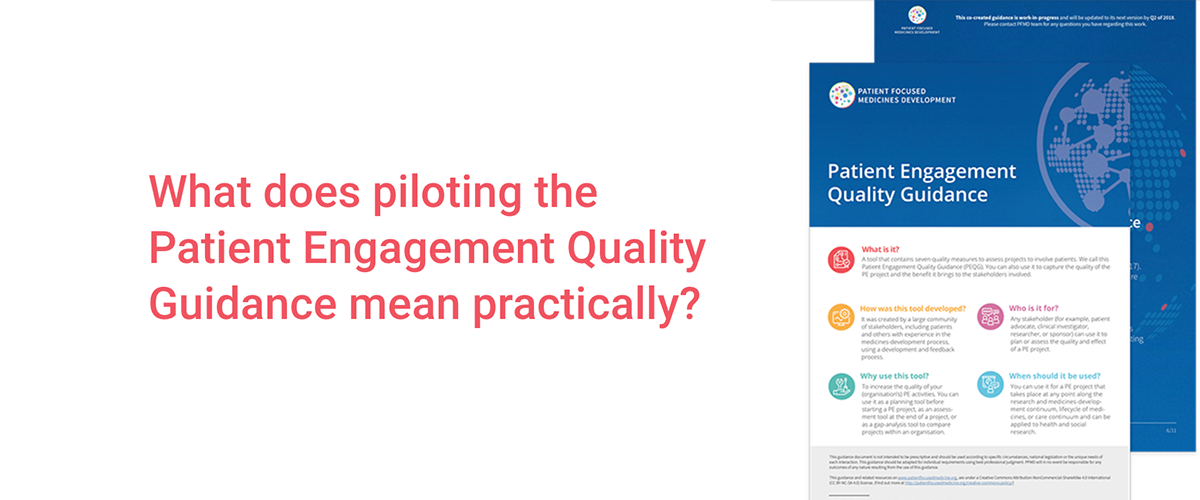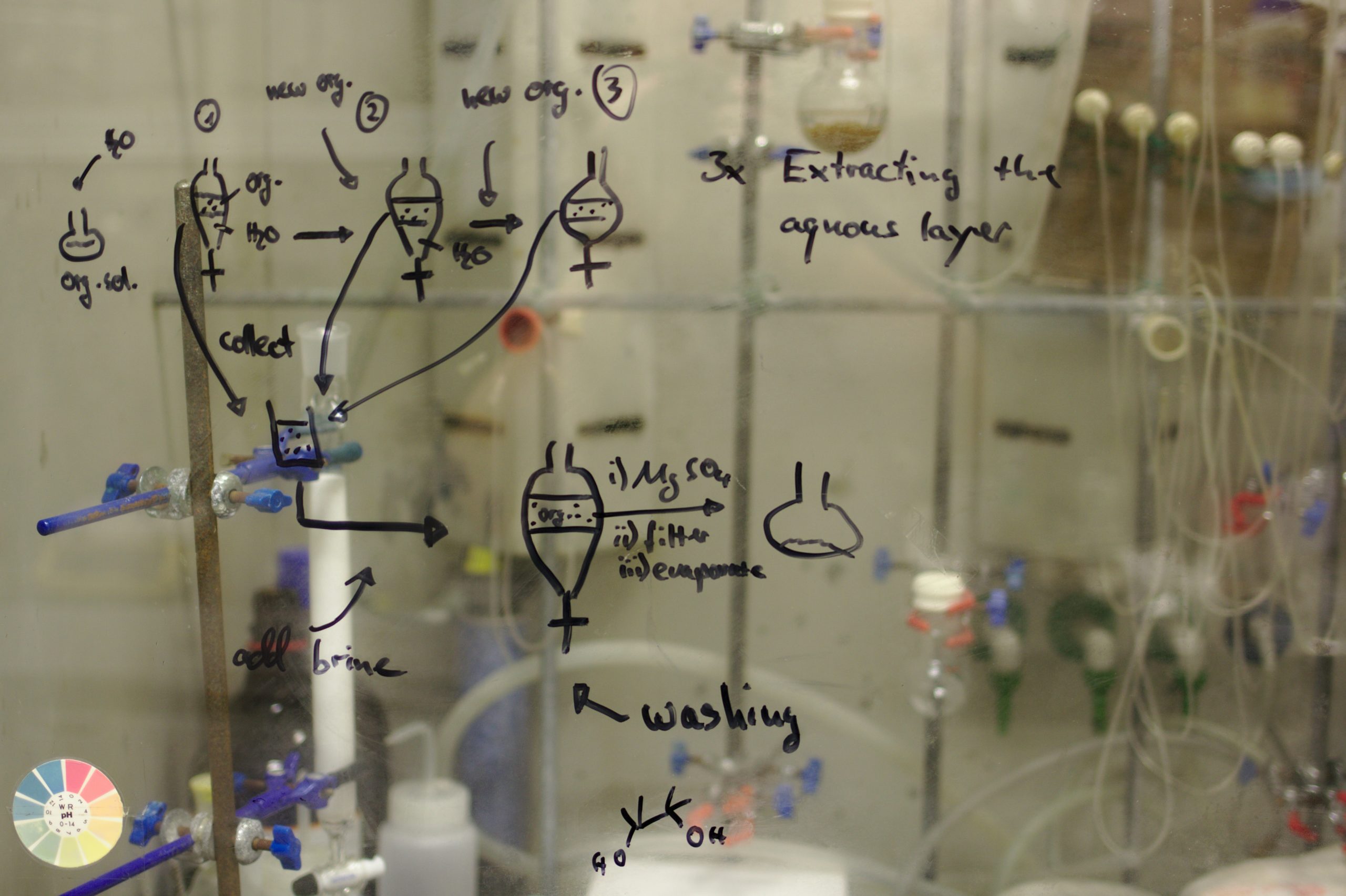 Author: Dr Lode Dewulf, Chief Patient Officer at Servier and a Member of the PFMD Board.
Author: Dr Lode Dewulf, Chief Patient Officer at Servier and a Member of the PFMD Board.
Workshop at DIA conference focuses on several initiatives making patient engagement happen
Today, no pharmaceutical conference is complete without several sessions on the value of patient engagement. This growing interest in the topic is overdue, welcome, and needed, since the late majority of stakeholders still lags behind in terms of both understanding and commitment. Continued explanation and repetition of the purpose of patient engagement are still required. At the same time, however, it is high time to move from talk to action.
At the Drug Information Association (DIA) conference in Basel in April 2018, I had the honour to chair a practical workshop which provided an opportunity to get into the nuts and bolts of four important patient engagement initiatives. As one of the premier global pharmaceutical conferences, DIA attracts scientific leaders in the industry with the power to turn theory into practice.
There were several other DIA sessions on the need and challenges to engage with patients but we wanted to focus on the how and the what. The ‘why’ is increasingly well covered in recent years, which is great – in some audiences it is now a given. We looked at ‘what’ is actually being done, and how patient engagement initiatives also demonstrate the ‘how’ of co-creation.
Rather than following a traditional format featuring expert presentations followed by a too-brief Q&A session, this workshop was designed to co-create an open discussion with the participants.
HTA & patient experience data
Several key questions raised by the session participants focused on the seemingly slow pace at which patient engagement is being embraced by health technology assessment (HTA) bodies.
We had a rich discussion about the myriad reasons behind the current situation. These include long-standing myths about the quality of patient data, unintended consequences from well-intentioned laws, and how politicians can use HTA to control national health budgets.
Some people still believe that only locally-generated patient experience data are valid for HTA, and thus resist their use from one country to another – but this appears to be a myth. The patient experience is a composite of disease, person and environment. The disease dimension of cancer in the UK, France or Portugal is the same, notwithstanding individual variation in patient’s personal experience of cancer. Variation of personality types also exists in different countries. However, patient experience data in these two important dimensions can and should be valid across country borders.
Where differences are observed, they can therefore be chiefly attributable to differences in health systems rather than differences in how people experience disease. In some countries, for example, GPs act as gatekeepers when patients seek to access specialist care; in others, financial and medical manpower shortages can influence the care patients receive. Logically, these environmental factors can influence the overall patient experience, but they should not be confounded with the personal and disease dimensions of the patient experience.
Then there are legal barriers: some countries – including Germany, for example – have laws that prohibit authorities from considering any data other than randomised-controlled trials.
Such a law was undoubtedly well-intended when it was written, years ago. But today it means that even if HTA authorities want to include patient data, they can’t. The whole legal system has not caught up and needs to evolve.
The good news is that there is a clear evolution towards increased harmonisation and mutual recognition of HTA standards and assessments. While clearly perceived by the discussants as too slow and not yet truly inclusive, the trend itself is positive and needs to be supported.
Delivering progress
Another recurring theme in the workshop was the need for tangible deliverables and support material to make patient engagement happen. Specific needs and solutions were discussed including the Reasonable Agreements Between Patient Advocacy and Pharmaceutical Industry project. This initiative supports joint facilitation of patient engagement by providing a framework, guidance and templates for reasonable agreements between patient organisations, patient advocates and the pharmaceutical industry covering collaboration, consultancy, community speaking and advisory board agreements.
We also discussed the value of Synapse for Patient Engagement – the mapping, networking and patient engagement Management tool – as well as The Patient Engagement Quality Guidance which supports co-creation or assessment of patient engagement activities with all stakeholders.
Four projects were featured to illustrate how patient engagement works in various settings:
- a Danish diabetes project led by Aalborg University to implement truly value- and outcome-driven person care, using the PFMD Patient Engagement Quality Guidance in the process. For further information:
- Contact: Soren Eik Skovlund
- the new PARADIGM public-private initiative funded through the EU’s Innovative Medicines Initiative, creating discussion platforms and elevated standards. For further information:
- Website: www.IMI-PARADIGM.eu
- Contact: Mathieu Boudes
- a new proposal for more patient involvement by HTAi, as discussed above. For further information:
- Website: HTAi – Patient and Citizen Involvement
- Contact: Neil Bertelsen
- the PFMD initiative, preparing the imminent release of co-created template contracts between patient advocates and industry, and the 2nd edition of the PFMD Patient Engagement Quality Guidance document. For further information:
- Website: www.PFMD.org
- Contact: Nicholas Brooke
Thus, each of these projects is working on very tangible deliverables that will help the field well beyond the project itself. For example, patients and people in industry are crying out for contract templates as there are so many scary, confusing and user-unfriendly standards out there.
And finally, in addition to this “what”, these projects also all demonstrate the “how”, in that they employ a co-creation process with patients at their core. This is perhaps the most encouraging message: patient engagement and co-creation work because Patient Value Unites!
The workshop highlighted how real-world patient engagement initiatives are moving beyond platitudes to deliver patient value.



